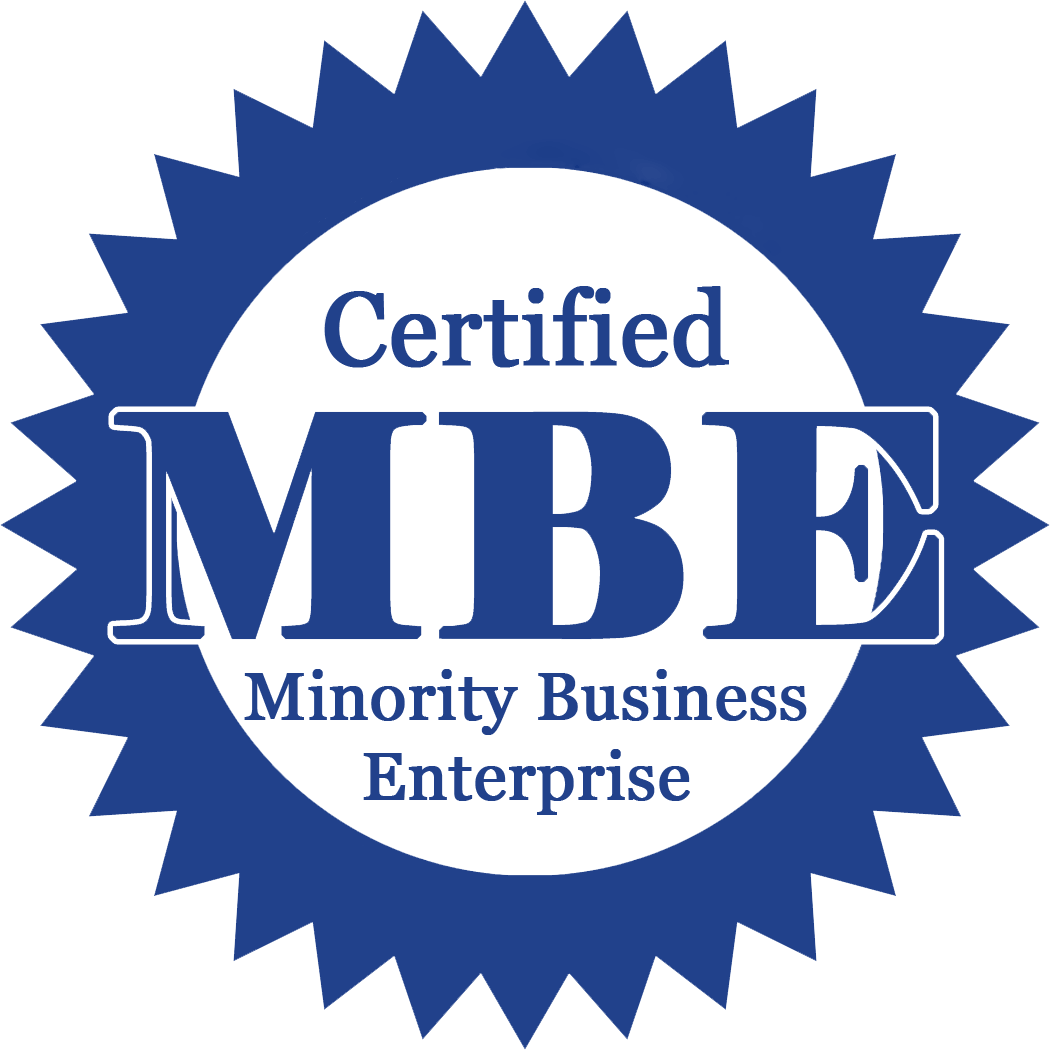Research on virtual teams tends to focus on behavioral and communication issues, decision making, mechanisms of co-ordination and social and output controls. In a global market place with ever changing business and customer requirements, a virtual team is an easily adaptable entity into which work processes and people with new skills can be deployed as required. This flexibility may prove irresistible though not unproblematic to organizations (Horwitz, M. F., Bravington, D., Silvis, U., 2006).
Virtual teams enable faster times to market with rapid new product development with teams located around the globe and able to focus twenty-four hours a day. Electronic media such as internet, e-mail, and video conferencing has enabled companies to try this new concept of workplace collaboration. There is a lack of research investigating the effectiveness of Virtual Teams. The proposed study is an attempt by to fill the gap using a model that explains the factors impacting effectiveness of virtual teams. Most of the research studies focus on the productivity level of the team, their ability to learn, improve, and sustain itself over time and the extent to which a team is able to provide satisfaction to its individual members. The focus of this study is on aspects like trust among team members, leadership effectiveness, cohesiveness among team members, communication, and use of technology and its impact on the overall effectiveness of the team. The productivity is depended on the cohesiveness among the team members. Trust among team members and leadership effectiveness will impact the sustainability over a longer period and also how they enable the members of the team to learn and acquire a variety of skills. This enables better performance which will in turn give more satisfaction. The primary focus of this study will be individuals from a variety of different companies with varying skills levels. The intent of the study is not to differentiate teams involved in projects spanning different durations. To increase the validity of the results as well as to generalize the results to a greater population, it is necessary to study teams from a few different organizations. The study will not consider personal characteristics such as gender and age. This study will not attempt to differentiate between the maturity levels among different teams nor will it address the aspect of comparison with traditional teams.
A critical view of this type of team includes social dynamic risks associated with building and sustaining a team and organizational commitment, team relationship difficulties like trust, cross-cultural differences, member conflict, role ambiguity and complex decision-making issues including interpretive problems related to decisions. If people are to interact successfully in these teams, it is important that factors associated with their effectiveness are identified and evaluated (Horwitz, M. F., Bravington, D., Silvis, U., 2006).
Survey Software Easy to use and accessible for everyone. Design, send and analyze online surveys.
Research Suite A suite of enterprise-grade research tools for market research professionals.
Customer Experience Experiences change the world. Deliver the best with our CX management software.
Employee Experience Create the best employee experience and act on real-time data from end to end.




